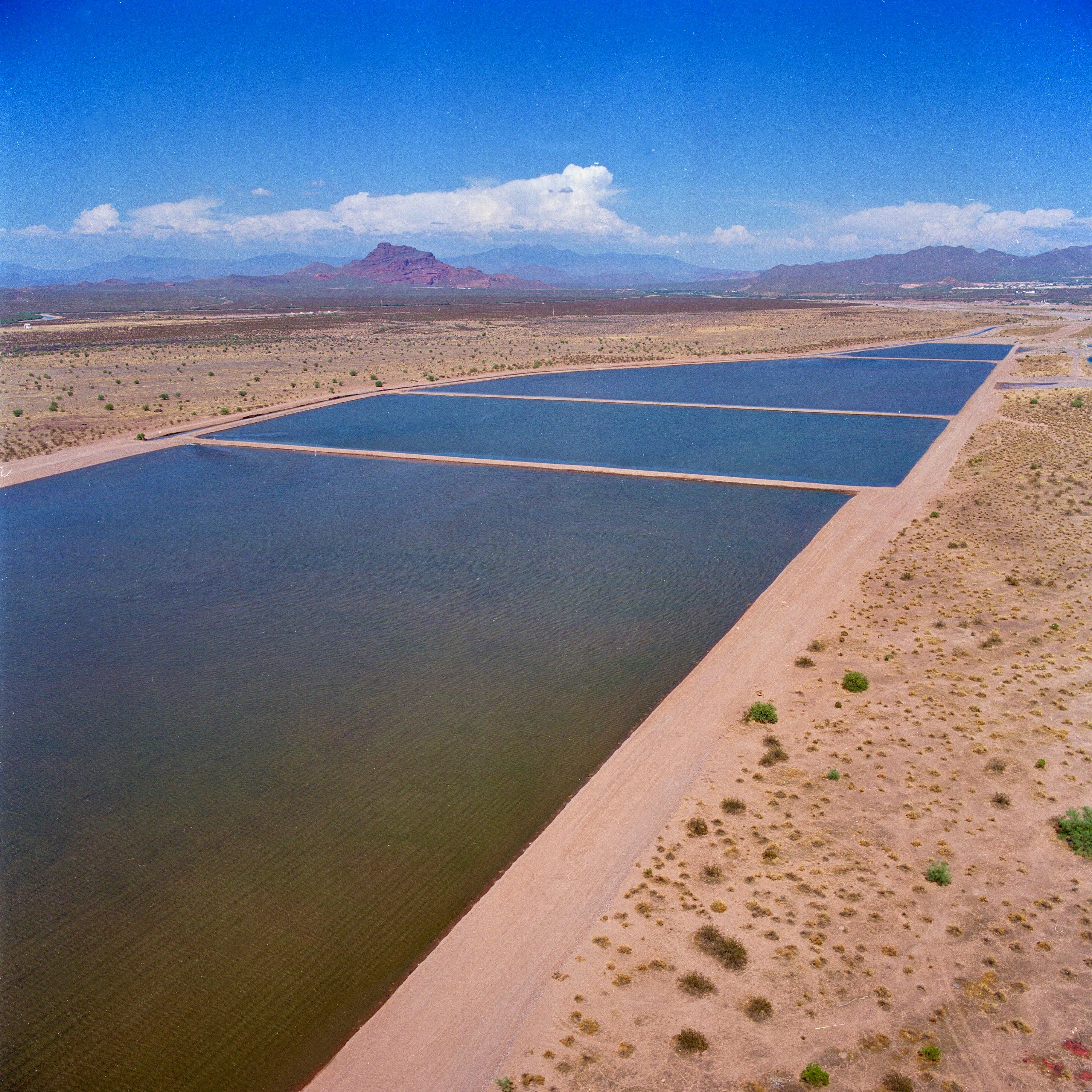AMWUA Blog
BY: Warren TenneyWhy Arizona's Valley Cities Store Water Underground

Water is precious in the desert. For this reason, desert cities continually plan, innovate and develop strategies to make sure water is always available when you turn on your tap. That commitment is not just for today. Under Arizona’s innovative laws, its cities, towns and private water companies in urban areas must show they can meet that responsibility now - and 100 years from now. It’s called an assured water supply. One strategy AMWUA cities use to maintain an assured water supply is to store water underground in geologic formations called aquifers. Cities have learned that storing water underground is a smart choice here in the desert.
Underground water storage is an investment in the resiliency of the Valley's water supply. Over the last two decades, AMWUA cities have collectively invested hundreds of millions of dollars in storing over 2.4 million acre-feet (AF) of water underground. That's enough water to meet the needs of the AMWUA cities for about 3 years, but it would never be used up that quickly because of the diversity of our water supplies.
What is an aquifer ? It is not an underground lake or river, or a man-made structure. An aquifer is a deep underground area where water settles between rocks and gravel, similar to how water would settle in a bucket of golf balls. Cities employ several methods to store water in aquifers. For example, cities often use recharge basins, each usually a couple acres in size, which are constructed so water can be spread across the ground and then quickly filter into the aquifer where it is retained. Cities also build specialized wells that inject water into the underground aquifers.
Water rights play an important role in underground storage. Cities only store water they have the legal right to use. The AMWUA cities store primarily Colorado River water delivered to the Valley through a 336-mile canal operated by the Central Arizona Project (CAP). Each AMWUA city has a permanent contract with the Secretary of the Interior for Colorado River water delivered by CAP that states underground storage is an authorized use of the water. Cities also store treated wastewater known as recycled water. The AMWUA cities have invested hundreds of millions to collect this wastewater from homes and businesses and treat it to allow for its reuse. The Arizona Supreme Court has affirmed the cities’ rights to this water.
The law gives water providers “water credits” for storing water underground. These credits allow cities, water companies and water agencies, to put water in the ground now and use an equivalent amount of stored water at a later time. The Arizona Department of Water Resources oversees underground storage in the state and tracks the water each city has stored.
When there is a shortage of Colorado River water, water supplies for those with rights to use Colorado River water are cut incrementally over time and depending on the severity of the shortage. The last water to be cut is called “high priority” water. Cities and other municipal water providers and Indian Tribes in central and southern Arizona hold rights to the highest priority water delivered though the CAP and - even during shortages - have the right to store that water in underground aquifers.
Occasionally cities hear whispers or hints from some in the water community that cities should not be permitted to store their water underground during a water shortage and that this water should go to others, whose lower priority water supplies have been reduced. Any attempt to limit the ability of cities and tribes to store their water underground during times of shortage would be an unlawful interference with long-standing, federal contractual rights. Furthermore, limiting cities’ ability to store their water underground during times of shortage and drought would be shortsighted. Cities store water to:
- Ensure they meet the State’s requirement of a 100-year assured water supply for their customers. Credits for underground storage help cities meet this requirement while preventing the overpumping of groundwater, which is the goal of the state’s 1980 Groundwater Management Act.
- Enhance and maintain the health of aquifers. Overpumping of groundwater can lead to land subsidence and water quality degradation.
- Avoid having to rely on the Central Arizona Groundwater Replenishment District (CAGRD) to demonstrate an assured water supply. (CAGRD is an arm of the Central Arizona Project that puts water back in the ground for public or private water providers who have pumped excessive amounts of groundwater.)
- Ensure that they have access to water for their customers if surface water supplies are cut due to shortages. This is called firming.
Recharging water underground is smart water management. The AMWUA municipalities must manage our water resources responsibly to ensure residents have the water they need. Our desert cities understand that water supplies are never a certainty in an arid state. Storing water is just one way the AMWUA cities prepare to protect their residents and businesses in the Valley of the Sun. It is a crucial right that the AMWUA cities will defend.
Photo: Mark Durben/Granite Reef Underground Storage Basin
For 49 years, Arizona Municipal Water Users Association has worked to protect our member cities’ ability to provide assured, safe and sustainable water supplies to their communities. For more water information visit www.amwua.org .
